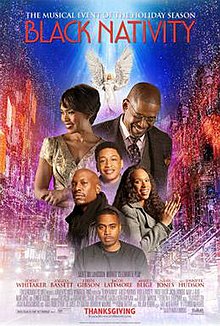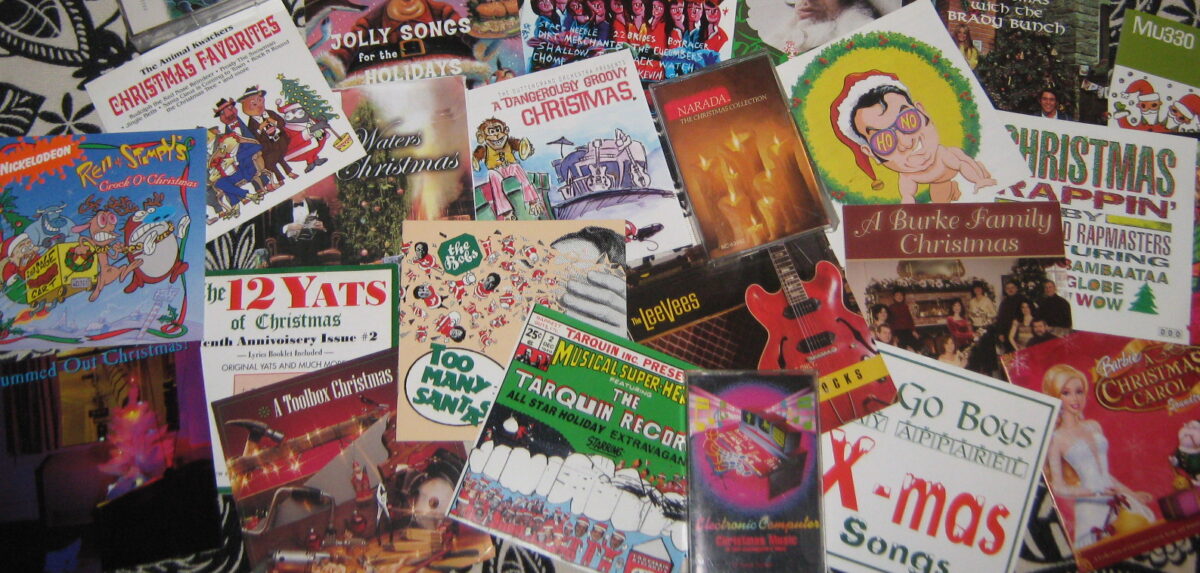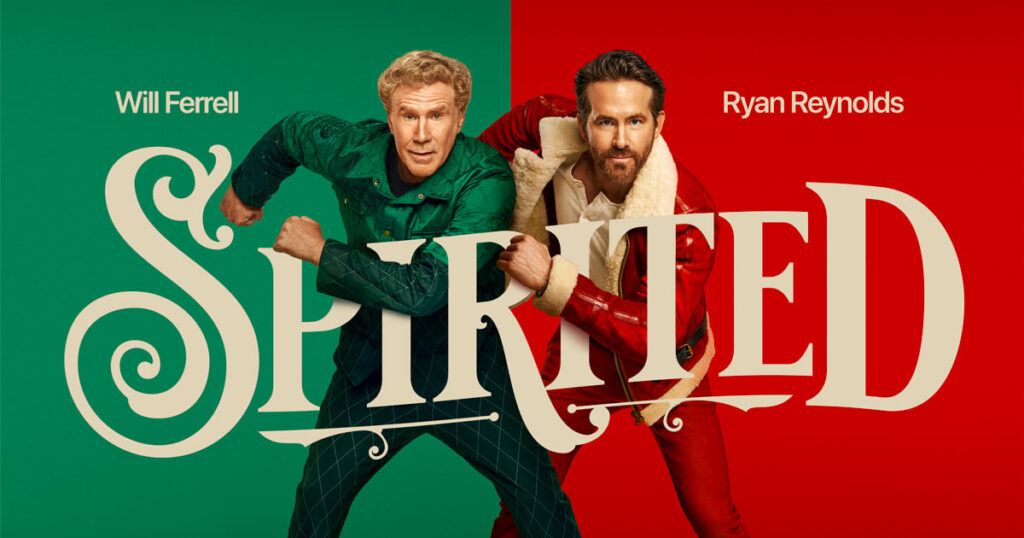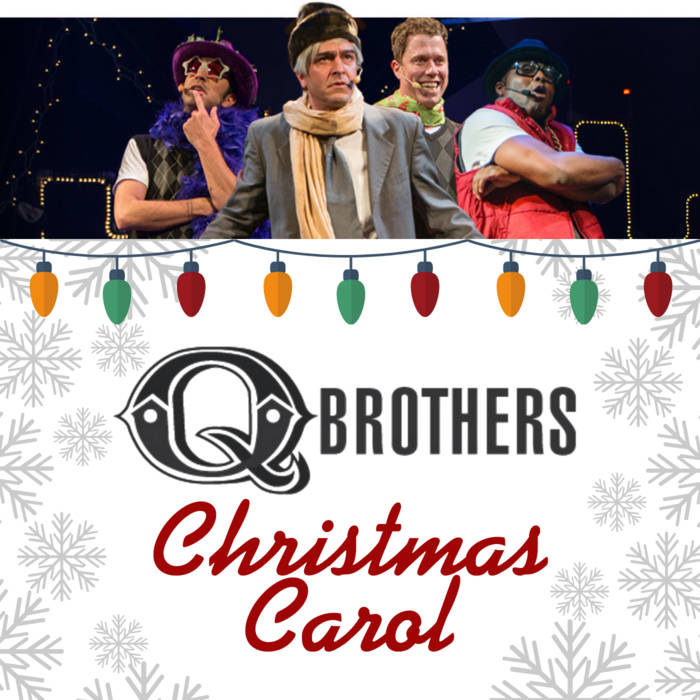To counteract the affects of such original sin, let’s take a Journey to Bethlehem, a big budget new cinematic release with first-timers (incl. director) recreating the Nativity as a superhero kind of thing.
Naturally, trad carols spring to the soundtrack readily. Not into that old ground. The new stuff comes on strong. Herod about steals the show with the show stopping “Good to be King” (Antonio Banderas) but later goes through an identity crisis with the rocking “In My Blood” (Joel Smallbone). Over the top melodrama, but okay. The ‘rents duet their troubles with a string “Can We Make This Work?” but answer at the birth with a sweet “We Become We” (Fiona Palomo, Milo Manheim). You see where this is going? Pop songs to go viral with old news. The magi (Omid Djalili, Rizwan Manji, Geno Segers) rap to heavily orchestration in “Three Wise Guys” to lesser value. (They argue over who has the best gift. Huh.) And, earlier on, the girls (Fiona Palomo, Mōriah, Stephanie Gil) gossip about “Mary’s Getting Married,” a busy pop tickle like you would get in any B’way show. Not sure ’bout that one.
The finale, “Brand New Life,” is that Xian rock scene with drum beating and pounding rhythms and hopping resurrecting a 1979 mosh pit. We the Kingdom (feat Steven Curtis Chapman) give life or at least a three-year-old’s energy to the old story. Bravo/amen.

Then there’s Forest Whitaker, Jennifer Hudson, Jacob Latimore, and Luke James fooling around with Black Nativity. Too many standard carols to get a good review from moi. The songs are the usual gospel rousers (“Be Grateful,” “As“), which are barely positive as the characters are so bedeviled with urban strife (“Hush Child (Get You Through This Silent Night)“). This isn’t THE Christmas Story, just a modern fable (from a Langston Hughes piece) that hearkens back. Redemption comes at the cost of humiliation. Yet the gospel offerings aren’t just up-getters that make you rise; they grip the soul and make you shiver. Stand out numbers include the inimitable Jennifer Hudson’s “Test of Faith,” and the incomparable Forest Whitaker’s (backed by the Gospeldelic Choir) “Can’t Stop Praising His Name.”





